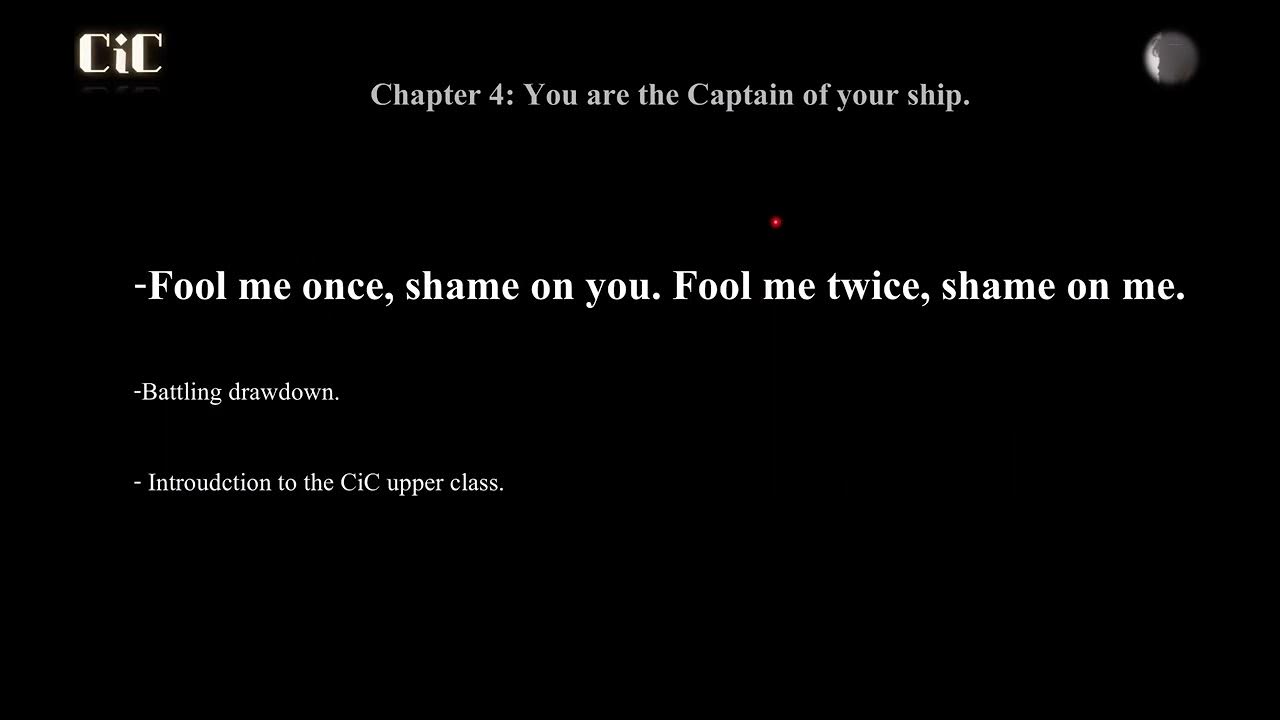How I Recover From Trading Losses | Step by Step (2024)
Summary
TLDRIn trading, losses are inevitable, but the key to success lies in how traders handle them. This video explores the distinction between 'good losses'—those aligned with a trader's strategy and risk management—and 'bad losses,' which occur from impulsive or poorly executed trades. The speaker emphasizes the importance of mindset, noting that losing is a natural part of the trading business. By adopting a disciplined approach, differentiating between good and bad losses, and continually learning from mistakes, traders can minimize the emotional impact of losses and improve their performance in the long run.
Takeaways
- 😀 Losing is a part of trading, and it’s important to learn how to handle losses rather than avoid them.
- 😀 A good loss occurs when you stick to your predefined risk limits, follow your trading setup, and accept the outcome even if it’s negative.
- 😀 A bad loss happens when you don’t follow your plan, overtrade, or risk more than you can afford to lose.
- 😀 Traders should differentiate between good and bad losses in their trading journal to identify patterns and improve.
- 😀 Accepting losing trades as business expenses helps to mentally adjust to the reality of trading.
- 😀 Proper risk management strategies, such as limiting risk to 1-2% of your account per trade, are crucial to surviving losing periods.
- 😀 Losing is inevitable, but understanding that it’s part of the trading process allows traders to recover and learn from each loss.
- 😀 Analyzing losses and identifying mistakes helps traders improve and avoid repeating the same errors in the future.
- 😀 After a bad loss, it’s important to take time to reflect on what went wrong and make adjustments to your trading strategy.
- 😀 When facing a losing streak, traders should not increase their risk or size to make back losses but instead focus on disciplined, smaller trades.
- 😀 Letting go of losses and starting each new day with a fresh mindset is key to maintaining consistency and reducing emotional bias in trading.
Q & A
Why is losing a part of the game in trading?
-Losing is inevitable in trading because markets are unpredictable and random at times. No matter how skilled a trader is, they will experience losses. The goal is not to avoid losing, but to learn how to handle losses effectively.
What is the difference between a good loss and a bad loss?
-A good loss occurs when a trader follows their predefined risk, strategy, and game plan, but the trade still doesn't go in their favor. A bad loss, on the other hand, happens when the trader deviates from their plan, such as oversizing a position or not managing risk properly.
How can traders learn from their losses?
-Traders can learn from their losses by analyzing their trades and identifying what went wrong. They should ask themselves questions like: Did I follow my strategy? Did I manage my risk properly? Was there any oversight? This helps improve their decision-making for future trades.
Why is it important to differentiate between good and bad losses in your trading journal?
-Differentiating between good and bad losses helps traders pinpoint areas of improvement. By recognizing mistakes, such as impatience or poor risk management, traders can work on eliminating these errors and improving their overall trading performance.
How does the mindset shift help traders accept losses?
-The mindset shift involves accepting that losses are a natural part of trading. By viewing losses as business expenses, traders can detach themselves emotionally from losses and continue to focus on making profitable trades without letting losses affect their mindset.
How does risk management contribute to becoming a good loser in trading?
-Risk management ensures that losses are controlled and kept within acceptable limits. By adhering to predefined risk parameters, such as risking only 1-2% of an account per trade, traders can endure losses without significant damage to their capital, allowing them to continue trading.
What are the consequences of over-leveraging or over-trading in terms of losses?
-Over-leveraging or over-trading can lead to large, uncontrollable losses. When traders risk too much relative to their account size, even a couple of bad trades can wipe out their entire account. Proper risk management helps prevent this scenario.
How should traders react after a significant loss, such as a $13,000 loss?
-After a significant loss, traders should reflect on what went wrong, identify the mistakes made, and develop a plan to avoid repeating them. It's important to avoid becoming emotional and trying to make up the losses immediately. Instead, traders should lower their risk, focus on improving their strategy, and approach the next trades with a fresh mindset.
What steps should be taken to avoid a repeat of a bad trade?
-Traders should create a detailed game plan before each session, set clear entry and exit criteria, and ensure they have a risk management strategy in place. Avoiding impulsive decisions and sticking to the plan can help prevent bad trades in the future.
Why is it important to have a game plan before trading?
-A game plan sets the tone for the trading day, helps traders understand market context, and outlines clear entry and exit criteria. Trading without a plan leads to impulsive decisions and increases the likelihood of losing trades, as seen in the example of a trader without a game plan who lost money.
Outlines

このセクションは有料ユーザー限定です。 アクセスするには、アップグレードをお願いします。
今すぐアップグレードMindmap

このセクションは有料ユーザー限定です。 アクセスするには、アップグレードをお願いします。
今すぐアップグレードKeywords

このセクションは有料ユーザー限定です。 アクセスするには、アップグレードをお願いします。
今すぐアップグレードHighlights

このセクションは有料ユーザー限定です。 アクセスするには、アップグレードをお願いします。
今すぐアップグレードTranscripts

このセクションは有料ユーザー限定です。 アクセスするには、アップグレードをお願いします。
今すぐアップグレード関連動画をさらに表示
5.0 / 5 (0 votes)






